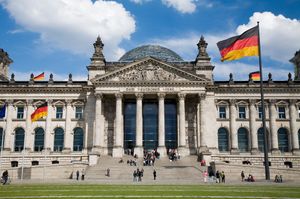Zollstunden
Zollstunden is a term commonly used in the field of logistics and international trade. It refers to a unit of measurement used by customs authorities, specifically in the context of calculating the number of hours required to process imported or exported goods through customs.
When goods cross international borders, they are subject to various customs formalities, inspections, and procedures. Zollstunden is used as a metric to quantify the time spent by customs officials in fulfilling these obligations. This metric helps to streamline trade facilitation and assess customs efficiency.
In Germany, Zollstunden is an integral part of the customs administration's performance evaluation process and governs the allocation of resources to ensure smooth and timely processing of goods. The calculation of Zollstunden is based on the time spent by customs authorities on tasks such as customs clearance, examination, valuation, and control.
To optimize customs procedures and reduce trade barriers, the German customs administration has implemented several measures. For instance, it has introduced electronic customs clearance systems, such as the Automated Manifest System (AMS) and the Electronic Data Interchange (EDI), which significantly reduce the time required for data processing and documentation.
Moreover, Germany is a member of the European Union (EU) and adheres to the customs regulations and procedures outlined by the Union Customs Code (UCC). This harmonized framework ensures a standardized approach to customs processes across EU member states. Hence, Zollstunden is also used in the broader context of EU trade, enhancing transparency and facilitating the movement of goods within the Single Market.
In conclusion, Zollstunden plays a significant role in customs administration, quantifying the time spent by customs authorities in processing imported and exported goods. Its implementation promotes trade facilitation, improves customs performance, and strengthens economic competitiveness. Adherence to efficient customs procedures, coupled with advancements in technology, enables businesses to benefit from reduced wait times, increased certainty, and timely delivery of goods across international borders.






